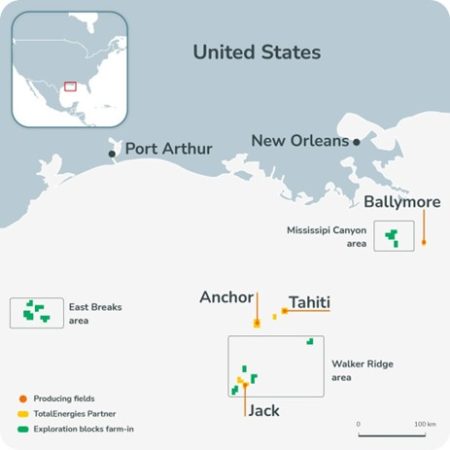
30 April 2018, Sweetcrude, Lagos – Output interruptions among members of the Organisation of the Petroleum Exporting Countries, OPEC, could send Brent crude prices above $80 a barrel, Bank of America Merrill Lynch analysts have said.
The analysts, including Francisco Blanch, head of commodities research, said in a note to clients that unintended supply disruptions were rife in OPEC.
OPEC and its allies have succeeded in wiping out an oil glut through production cuts launched in early 2017, boosting prices to a three-year high above $75 a barrel.
Their efforts have been aided by accidental losses in member nation Venezuela, which is cutting six times the amount it promised as a spiralling economic crisis batters its oil industry.
But, while plunging output in Venezuela has captured the oil world’s attention, problems are quietly festering in another OPEC nation.
Angola, once Africa’s biggest crude producer, is suffering sharp declines at under-invested offshore fields, with output dropping almost three times as much as the nation pledged in an accord with fellow OPEC members. With the losses set to accelerate – a shipping programme seen by Bloomberg News shows crude exports will fall in June to the lowest since at least 2008 — the cartel risks tightening supply too much.
“Angola has a serious problem, with its decline rates becoming increasingly visible,” said Richard Mallinson, an analyst at consultants Energy Aspects Ltd. in London. “The low figure in June doesn’t look like a pattern of maintenance but points to steeper, structural declines.”
The risk OPEC faces now is tightening world markets too sharply, and sending prices to levels that either crimp oil demand or provoke a new tide of rival supply from the U.S. As Angola’s creeping decline adds to the ongoing slump in Venezuela, that danger only grows.
Nigeria and Libya were exempt from the deal to cut output because their production had already been diminished by local instability, while Iraq’s implementation of the accord only improved after a political dispute halted exports.



